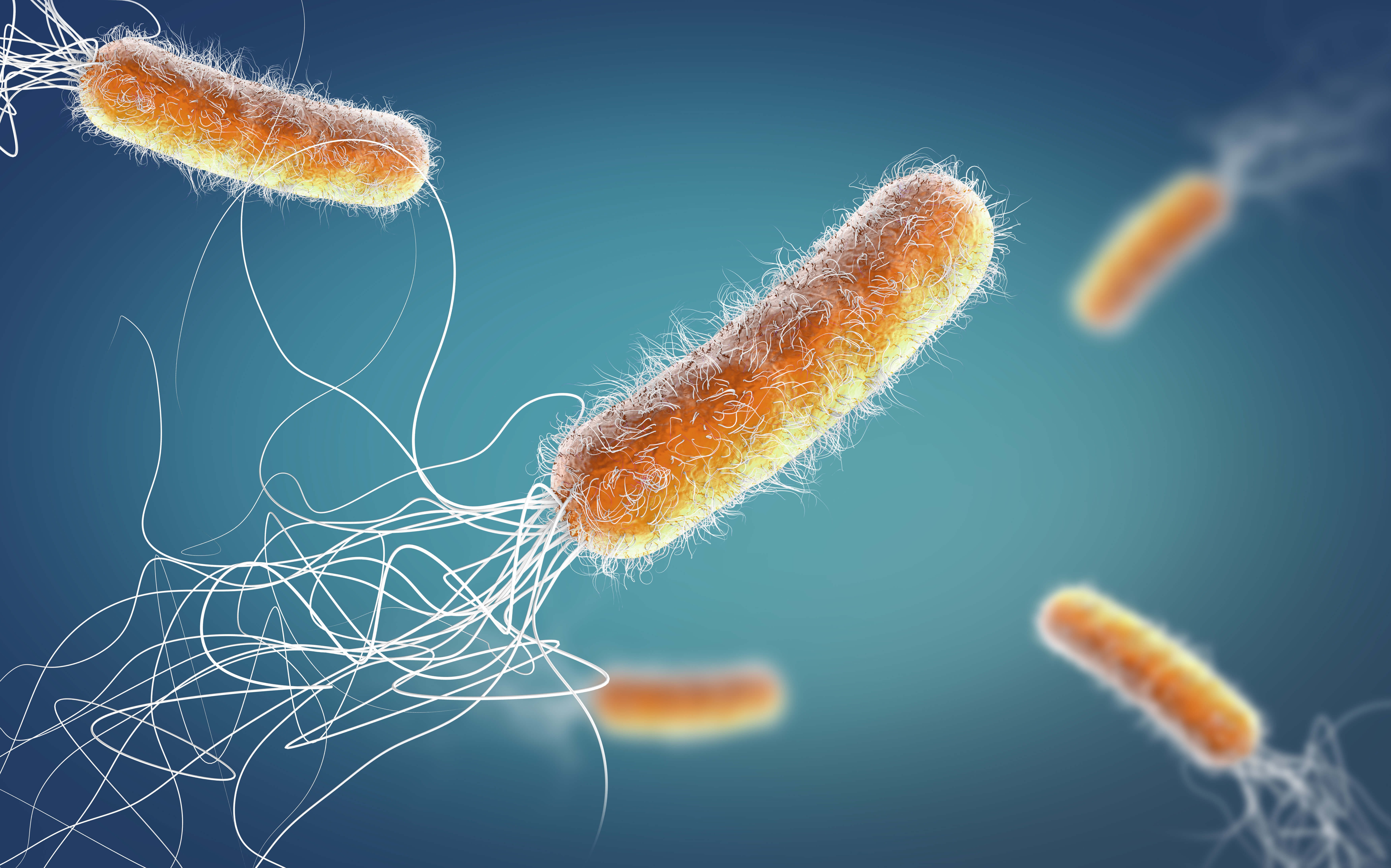Magnitude Biosciences, Perfectus Biomed Group and University of Kent Project Funded by National Biofilms Innovation Centre for Tackling and Exploiting Biofilms.
The joint project for Magnitude Biosciences, Perfectus Biomed Group and the University of Kent aims to provide an assay to aid research on infections caused by Pseudomonas aeruginosa, delivering a solution to accelerate wound care research and reduce the reliance on mammalian testing.
The project focuses on developing an industrial whole organism assay for biofilms made by pathogenic bacteria without the use of laboratory rodents or mammals. The collaboration from Magnitude Biosciences, Perfectus Biomed Group and the University of Kent sees an exciting combination of knowledge and expertise sharing. University of Kent has expertise in developing new models to study host-microbe interactions and state-of-the-art facilities to monitor biofilms. Magnitude Biosciences are specialists in customised C. elegans studies, which accelerate research by offering a whole organism alternative to rodent and mammalian testing. Perfectus Biomed Group have extensive experience designing accredited and customisable biofilm testing methods.
Companies producing chronic infection solutions currently test using in vitro models such as solid surface tests. Through this project Magnitude Biosciences, Perfectus Biomed and the University of Kent will develop colour-based assays to monitor biofilm formation by the pathogen Pseudomonas aeruginosa in the transparent nematode Caenorhabditis elegans (C. elegans). Assays using fluorescent markers and health readouts will be a faster and more cost-effective alternative to using rodents or mammals. This assay will provide data that better mimics clinical scenarios to support chronic infection research without the ethical implications associated with rodent and other mammalian testing.
Pseudomonas aeruginosa causes a large proportion of the infections that occur in hospitals such as chronic wound infection and chronic respiratory infections. Research that leads to products that improve and resolve these infections is critical for the development of life-changing and lifesaving treatments for patients.

